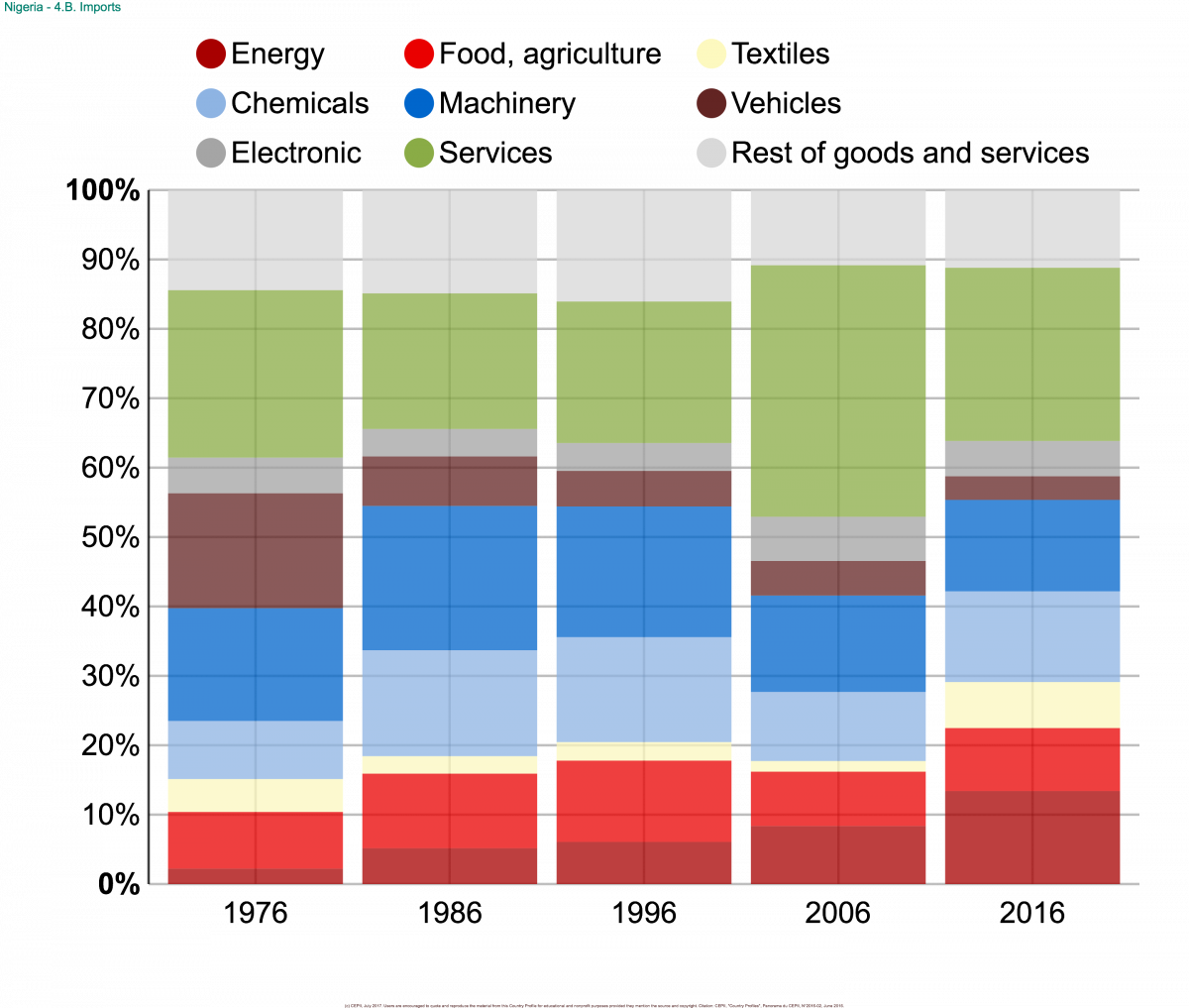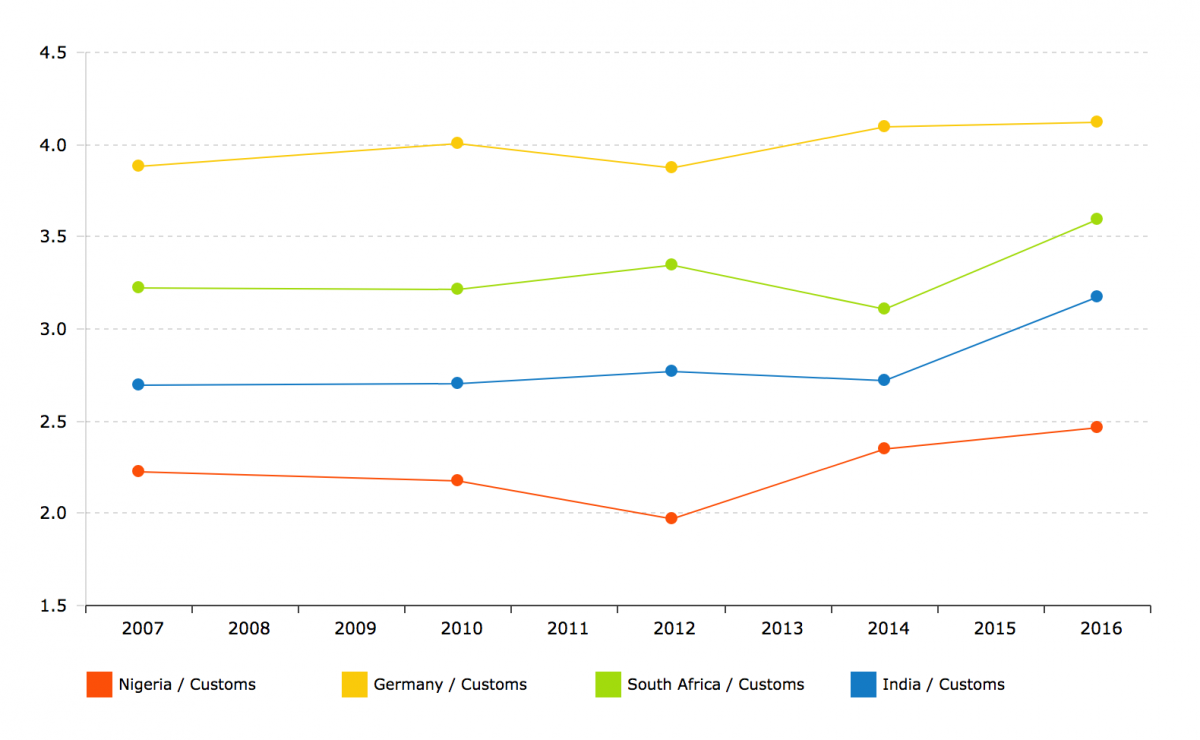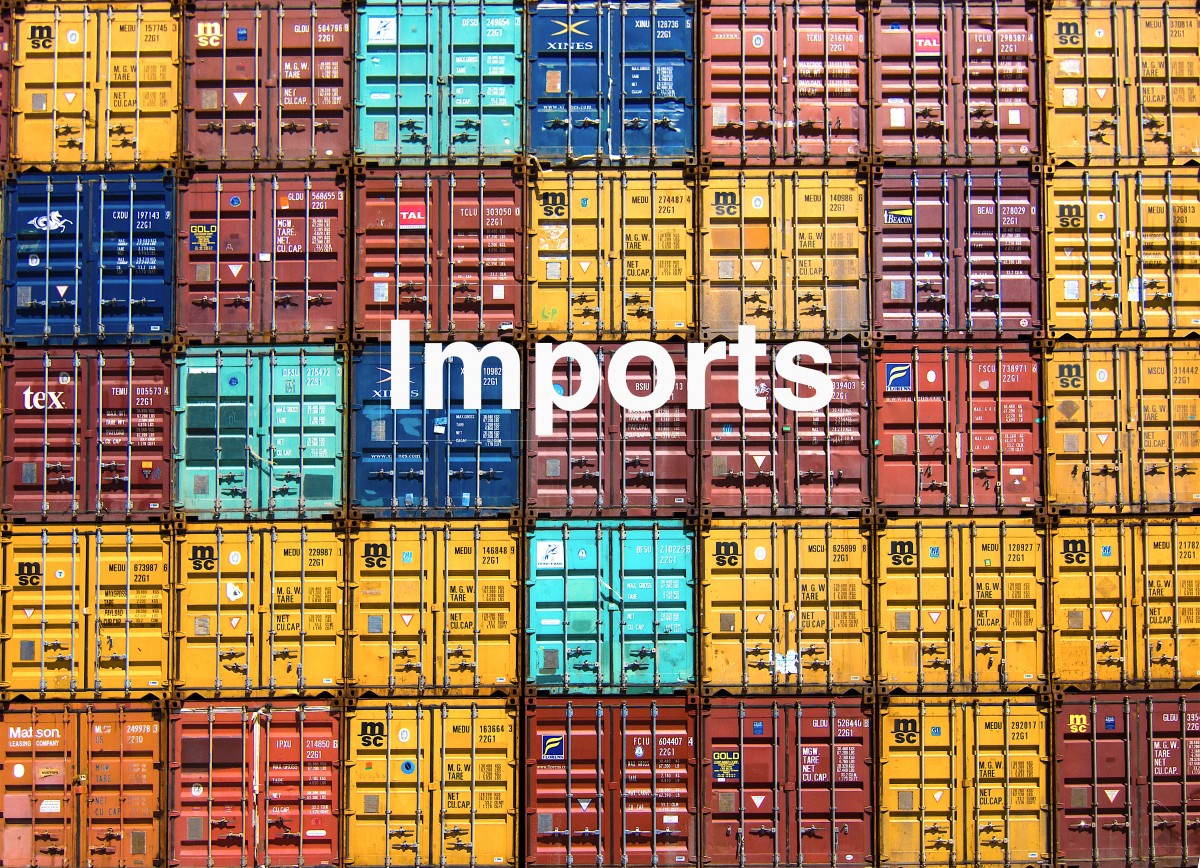As a multinational company and new entrant in the Nigerian market, having a strategic plan in place to sell your products is key. However, a crucial component of that action plan is figuring out how to ensure that your products make it into the country, so that you can sell them to end-users in the market. Therefore, learning more about the way in which Nigeria imports goods is a necessity to your business success.
Once your product is ready to be sold on the market, you should begin looking at ways in which to import your merchandise that mitigates risk. Furthermore, you should put safeguards in place that will help limit the number of mistakes that could hinder the safe delivery of your product to your end user in Nigeria.
Information on what you should know when preparing to sell your product in Nigeria, as well as how to navigate the way in which Nigeria imports products, is explained further below.
Nigeria Imports
As an executive or manager at a multinational firm, you already know that the first step to selling a product internationally involves getting that product into the respective country unless you plan on setting up a manufacturing company in the said country. Therefore, gaining an understanding of how the importation process works in Nigeria is essential.
Close to 85% of products imported into Nigeria come through the ports in Apapa, Lagos. Therefore, you should direct your attention to those ports to ensure your merchandise makes it through quickly and with no issues.
Also, keep in mind that depending on your shipping point of origin (e.g., Asia or Europe), you should know how long it typically takes for imported items to make it to these ports. For example, products from China usually take 30 days to arrive at Lagos. Therefore, you should account for not only the time it takes for items to make it through inspection but also how long it takes for the items to arrive in Nigeria.

Product Registration
Before you make your first shipment, begin the process of registering your product. There are two major governmental agencies to keep in mind during this process: The National Agency for Food and Drugs Administration and Control (NAFDAC) and Standards Organization of Nigeria (SON).
Food and drugs imported will have to go through NAFDAC registration, while other products will go through pre-shipment verification through SON. The SON Conformity Assessment Program (SONCAP) was put in place so that Nigeria imports undergo verification and testing in the country from which they were supplied. The SONCAP Certificate, which is issued by the agency, demonstrates that your products meet the applicable standards and regulations.
Clearing the Ports
After you have gone through the necessary certification and verification procedures, your item is ready to be shipped. Navigating the port system to ensure your shipment clears the port upon arrival takes insight and finesse, as clearing goods at Nigerian ports has greatly contributed to Nigeria’s low ranking on the Logistics Performance Index.
For one thing, products which are subject to SONCAP certification must be accompanied by a SONCAP certificate, which is why it is important to know beforehand if you must obtain said certification.
Also, you will have to pay import tariffs, such as duties, levies, and value-added tax (VAT) on your shipment. Therefore, taking these fees into consideration ahead of time is crucial when it comes to pricing your products to help cover these import tariffs. Tariffs can be as low as 15% to as high as 70% depending on the goods being imported. You can find out the official import tariff for your products here.
It is evident that clearing goods at Nigerian ports can be more difficult in comparison to other countries. Therefore, instead of handling the import process yourself, you should consider hiring a local clearing agent who has the local expertise and insight needed to get your shipments cleared quickly. This will help ensure your products make it into the country and will also mitigate any risks associated with maneuvering the importation system yourself.

Figure: Shows Nigeria’s efficiency index in clearing goods at customs in comparison to Germany, South Africa, and India.
Warehousing and Logistics for Nigeria Imports
Outside of making sure you’re able to get your goods cleared at the port as quickly as possible, it’s equally as important that you fully understand the distribution network in Nigeria and find a secure warehouse to store your merchandise.
When searching for a place to store your products, make sure you take a few important factors into consideration, such as the accessibility of the facility, whether or not your product will be safe while stored there, the payment structures in place (i.e., monthly, yearly, or per shipment payment schedule), and the facilities product-handling capabilities. The last factor is especially important if you are shipping fragile merchandise.
Finally, you should consider how your products will be transported from the warehouse to each of your end-users. Working with the appropriate resellers, logistics partners, and distribution companies will help get your products into the right hands.
There are several things to consider when importing and selling your products in the Nigerian market. The following steps should be a part of your importation plan: obtaining the proper certifications for your products, knowing the amount of time it takes to get your product to get from its point of origin to the warehouse of your choice, accounting for the costs associated with importation, and locating the right warehouse and distribution partners. By following the process outlined here, you will help ensure a smooth importation process that concludes with your products in the hands of your target customers.

